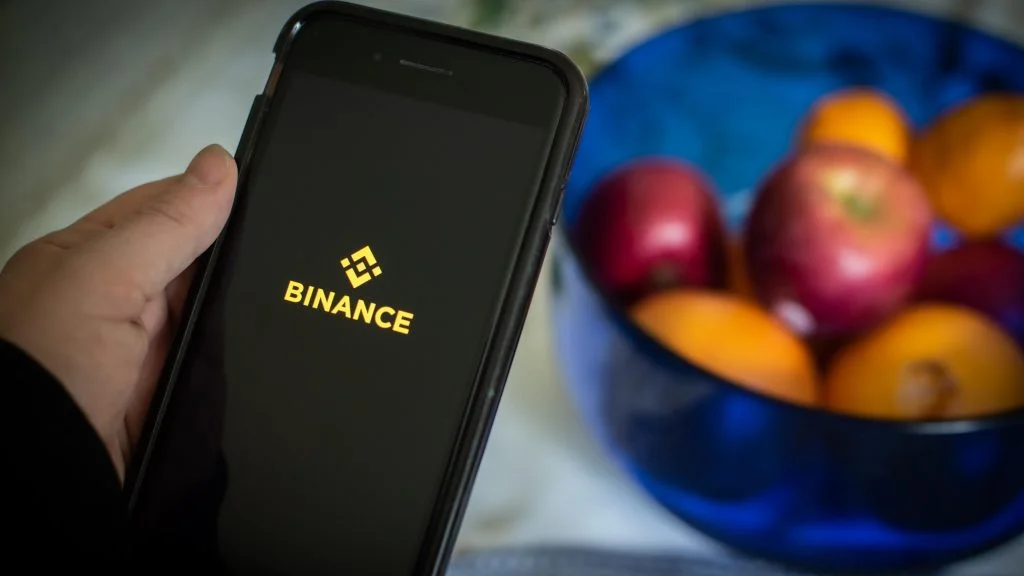A Binance user has taken the issue of a $2.6 million hack on Binance cryptocurrency exchange to get justice, the High Court of London has ordered Binance to identify hackers and freeze their accounts.

A High Court judge accepted demands by artificial intelligence (AI) company Fetch.ai for Binance to take steps to identify the hackers, track and seize the assets, in a decision made public this week.
Despite the little amount at stake, the case is one of the first public ones involving Binance and will serve as a test of the English legal system’s ability to combat cryptocurrency platform fraud.
“We can confirm that we are assisting Fetch.ai in the asset recovery process,” a spokeswoman for Binance said.
“In accordance with our security standards and dedication to ensure that users are safeguarded while using our platform, Binance frequently freezes accounts that are recognized as having suspicious behaviour occurring.”
Binance has been subjected to severe regulatory scrutiny as part of a global crackdown on cryptocurrencies, amid concerns that such exchanges may be used for money laundering or to allow customers to fall victim to scams or runaway bets. find out more
Binance has increased its worldwide compliance team and advisory board, stating that it is dedicated to following appropriate local legislation everywhere it operates.
“We need to dispel the myth that crypto assets are anonymous. The reality is that with the right rules and applications they can be tracked, traced and recovered,” Syedur Rahman, a partner at Rahman Ravelli, which is representing Fetch.ai, told Reuters.
On June 6, hackers allegedly hacked into Fetch.ai’s cryptocurrency accounts on the Binance exchange, according to the company, which is based in England and Singapore and develops AI projects for blockchain databases.
They allegedly sold the assets to a linked third party for a fraction of their worth in under an hour after being unable to remove them due to account restrictions.
Binance, which had warned Fetch.AI of odd activity in its account, had already frozen a sum and indicated that it would obey the orders, according to Rahman. Before requesting a recovery order, the claimants must demonstrate that they have been victims of fraud.
